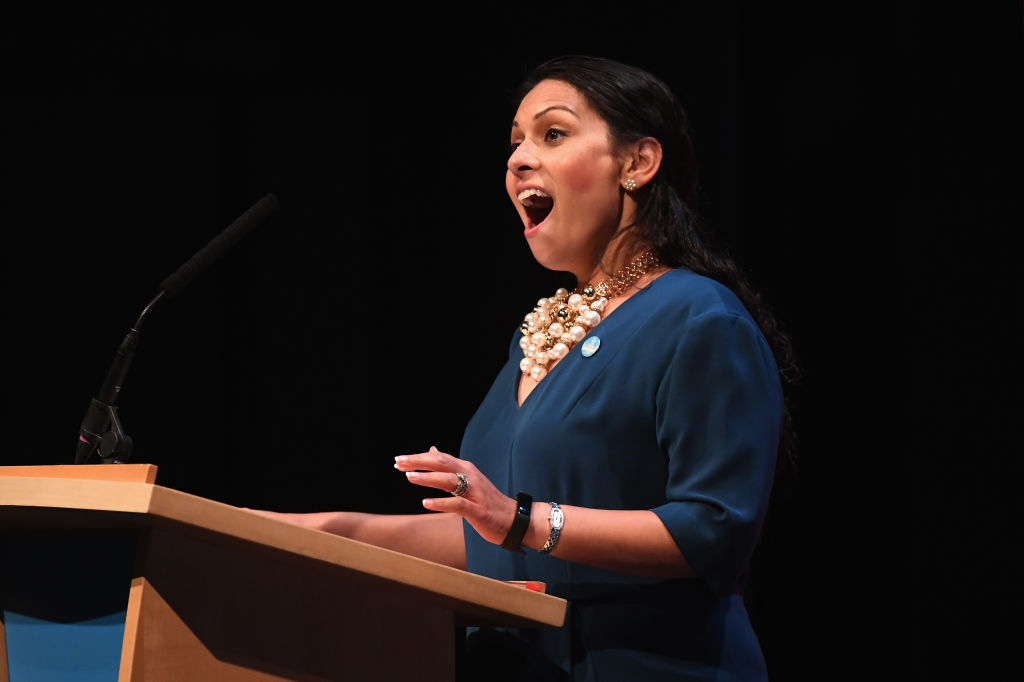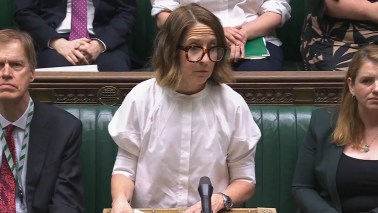Priti Patel is the new Home Secretary. This is likely to attract a fair bit of opprobrium from Boris Johnson’s critics, given she is a supporter of the death penalty. Whether or not she has been given any remit to examine that particular policy issue, she has a big job on her hands.
The Home Office is one of the hardest departments to run. Theresa May managed to survive it, largely by micromanaging everyone else into the dust. Her successor Amber Rudd did not, finding that obeying her boss too well led to her being implicated in the Windrush scandal. Nick Timothy and Fiona Hill, May’s aides in the Home Office and then in Number 10, would constantly tell friends that they were always trying to avert disaster in the department or one of its agencies. Everyone who has worked there describes a feeling akin to sitting on a volcano that hasn’t erupted for a number of years: there is always the chance of a huge policy disaster that you just didn’t see coming.
Johnson has made clear that one of his priorities is to restore police numbers, promising in Downing Street this afternoon that ‘my job is to make your streets safer – and we are going to begin with another 20,000 police on the streets’. It’s not just numbers, though: morale is low, and not just within forces, but among the public, who see rising knife crime in particular as a sign that policing isn’t working. The new Home Secretary will have to rebuild confidence both in the force and within it.
Patel also has a piece of legislation to deliver. Boris Johnson’s allies had assured the ministers at the Home Office before he started this reshuffle that the Domestic Abuse Bill, introduced last week at the very last minute in an attempt to stop it from being forgotten by a new administration, was safe. This is a complex piece of legislation in its own right, but it will really only succeed if it is accompanied by a large swell in funding. Johnson has quite clearly turned on the spending taps: will refuges and support services for victims also benefit?
There is also the fallout from the Windrush scandal, with an ongoing row over the compensation scheme, and a wider sense that the Home Office doesn’t care even about those who have always seen this country as their home.
And then there’s the small matter of implementing a new immigration system for a post-Brexit Britain. Sajid Javid published the white paper on that new system in December 2018. But Johnson hasn’t committed to driving down the numbers, because his vision is not the same as that espoused by David Cameron and Theresa May. He doesn’t see driving net migration into the tens of thousands as an achievement, but a sign that Britain’s economy isn’t very strong or attractive. So Patel will be tasked with delivering a tough immigration system, but one with rather different targets.







Comments